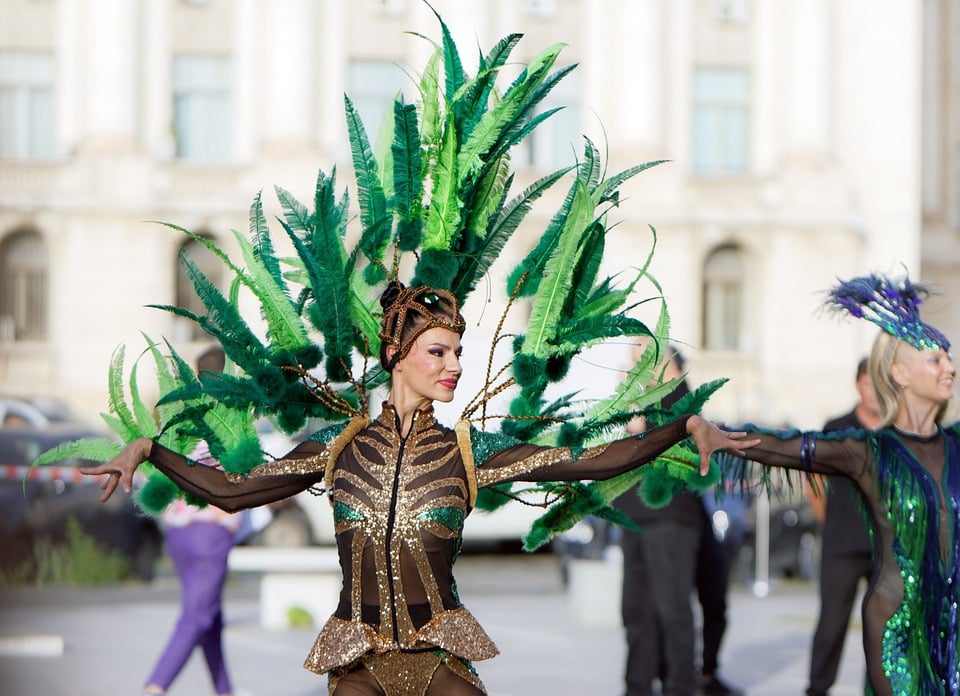In a world filled with uncertainties and unknowns, humans have long sought ways to bring luck and positivity into their lives. Superstitions, often dismissed as mere folklore or irrational beliefs, have been prevalent across cultures and time periods. But can these superstitions actually have an impact on our luck and fortune? In this article, we will delve into the science behind beliefs and explore whether superstitions can really bring good luck.
Historical Context of Superstitions
Superstitions have been a part of human life for centuries, dating back to ancient civilizations. From the Greeks and Romans to the Egyptians and Chinese, superstitions have influenced cultural practices and beliefs. Many superstitions originated from the need to explain natural phenomena or to bring a sense of control in unpredictable situations. For example, the belief that a black cat crossing your path brings bad luck stems from the association of black cats with witches in medieval Europe.
Current State of Superstitions
Despite advancements in science and technology, superstitions continue to hold sway over many people’s lives. Research has shown that superstitions can provide a sense of comfort and control in uncertain situations. A study published in the Journal of Experimental Psychology found that people who were allowed to perform a superstitious ritual before attempting a task reported higher levels of confidence and performed better compared to those who did not engage in the ritual.
Key Points:
– Superstitions can serve as psychological crutches in times of stress.
– Belief in superstitions can enhance performance by boosting confidence.
– Cultural and societal factors play a significant role in the prevalence of superstitions.
Science Behind Superstitions
Psychologists and neuroscientists have delved into the mechanisms underlying superstitions to understand their impact on human behavior. One theory suggests that superstitions activate the brain’s reward system, releasing dopamine and reinforcing the belief in lucky charms or rituals. This neurobiological response can create a placebo effect, where the belief in a superstition itself leads to positive outcomes.
Technical Specifications:
– Neuroimaging studies have shown increased activity in the brain’s reward centers when engaging in superstitious behavior.
– Placebo responses to superstitions can impact perception and performance outcomes.
– Understanding the neural basis of superstitions can inform strategies for behavioral change and decision-making.
Future Predictions and Implications
As research on superstitions advances, there is growing interest in harnessing the power of beliefs for positive outcomes. Companies and marketers are incorporating superstitious elements in their branding and advertising strategies to appeal to consumer preferences. From lucky colors to auspicious numbers, superstitions are being leveraged to influence consumer behavior and decision-making.
Practical Applications:
– Businesses can use superstitions to create emotional connections with customers and drive sales.
– Educators can explore the role of superstitions in learning and performance optimization.
– Personal development practices can incorporate superstitions to enhance motivation and goal achievement.
Conclusion
In conclusion, superstitions may indeed have the power to bring good luck by shaping our beliefs and behaviors. While skeptics may dismiss them as mere superstitions, the science behind beliefs suggests that there is more to these rituals than meets the eye. By understanding the psychological and neural mechanisms at play, we can appreciate the role of superstitions in enhancing well-being and performance. Whether you believe in lucky charms or not, the influence of superstitions on our lives is a fascinating phenomenon worth exploring.
Thank you for joining us on this journey into the world of superstitions and beliefs. For further reading on this topic, we recommend exploring research articles on cognitive psychology and superstitions. Happy exploring!
